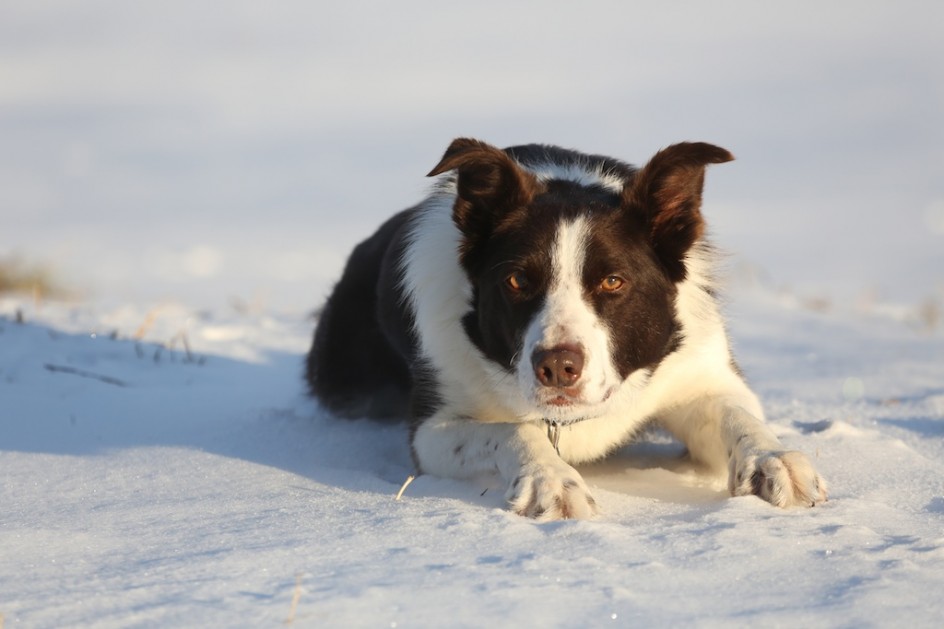
A little more than a year ago, a farmer stopped by my farm and asked me where he could find a copy of my book on animal grieving, “Going Home: Finding Peace When Pets Die.” He said he needed it, he has just lost Skip, his beloved border collie and farm companion of more than 14 years.
I had seen this farmer and his dog, Skip was a classic farm dog, herding cows, sheep, even goats, running alongside grumbling trucks and sitting up on tractors. He was always near his farmer, out in the fields, in the barn.
When the farmer went away, he dumped a big bowl of kibble in his barn, Skip would take care of himself, he only slept in the house in brutish weather, otherwise he slept in the back of the pickup or one of the barns. He drank water in streams and puddles, roamed the farm at will, guarded all of it’s boundaries, raising the alarm when anything unfamiliar appeared.
I saw how much the farmer loved Skip, and how happy Skip was in this wondrous life for a dog. Skip got his rabies shots, and the farmer gave him to him himself, he did not go along with spending money for vets. They each seemed to accept and respect each others life, and Skip got to live the way dogs were meant to live.
“How did Skip die?”, I asked the farmer. Oh, he said sadly, I shot him out back of the barn.
I must have looked a little surprised – I was, I don’t hear that very often – and the farmer explained that Skip was getting lame, was in pain and sinking quickly, he couldn’t keep up with the truck any longer, he was struggling more and more each day.
“I couldn’t bear Skip being in pain, and then dying on some stranger’s linoleum floor,” the farmer said, “he would have hated that, I wanted it to be quick and familiar for him, he deserved that.” So the farmer, an experienced shot, got his .22 and shot Skip once in the back of the head, then buried him on the top of a hill by the pasture overlooking the farm. It was, he said, Skip’s favorite spot. “He can watch over things, like he liked,” he said.
The farmer looked stricken, and I got him a copy of my book.
There are all kinds of ways to think about this story, many people would be absolutely horrified at the notion of shooting their dog. People spend lots of money to have dogs cremated, save locks of their hair, die on the floor of veterinary clinics.
The farmer’s love for Skip seemed very pure to me. I thought it was a beautiful and loving story, as powerful an example of a compassionate heart as I have ever heard.
In our time, there is this deepening idea that compassion for animals means keeping them alive at all costs by any means – through surgeries and medications, in crates for years, on rescue farms. We cannot let the Central Park horses live their lives and have work to do, we must send them off to “no-kill” preserves where they can lose any real purpose for living, they can only exist. I do not always see that as compassion, true compassion is thinking of the animals, not ourselves, of what is best for them, not what makes us feel better about ourselves, of accepting the laws and dictums of the real and natural world, not imposing our notions of mercy onto them.
They are not our children, our brethren, they are a nation unto themselves.
The farmer loved his dog and thought of him first, helping him to leave the world quickly and in a familiar place. “I owed him, that,” he said, tearing up, taking my book, shaking my hand, driving off. Compassion means many things, animals can teach us what it really means.
